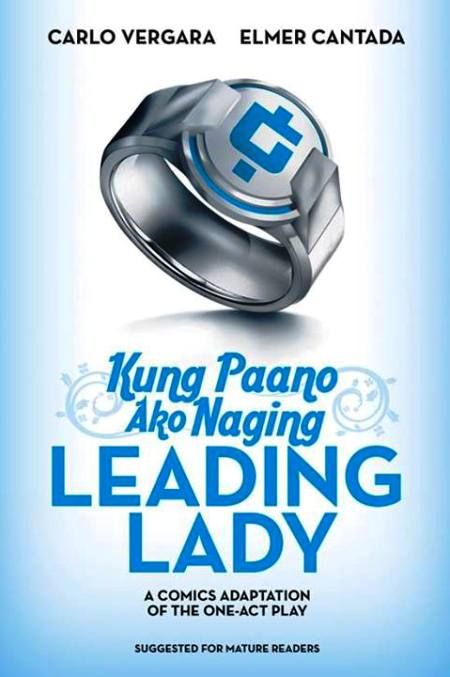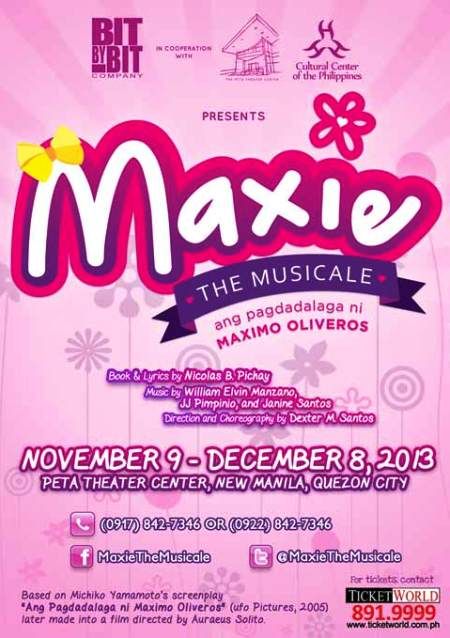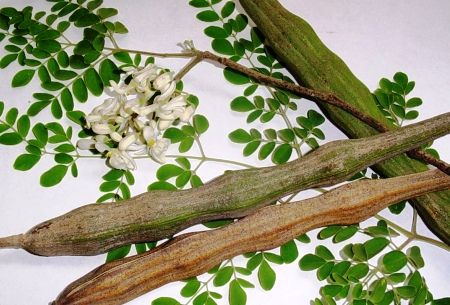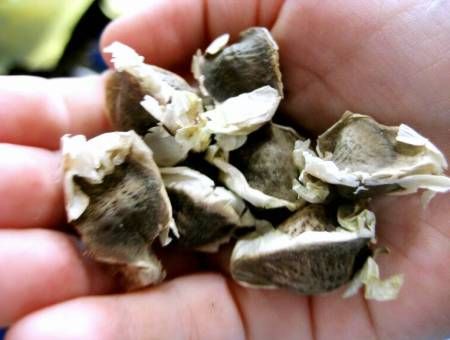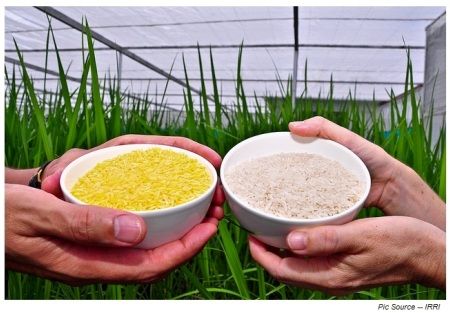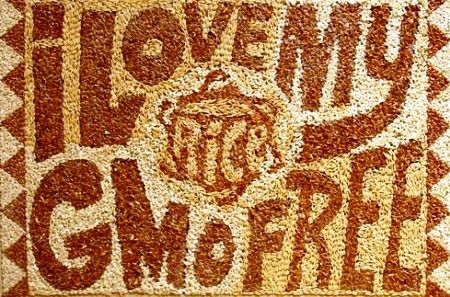Sa wakas, sinipag akong magsulat ngayon dito sa blog ko. Pangako, sisipagan ko na talaga ang magsulat, medyo ginaganahan na ulit eh. Huwag lang mahu-hook ulit ng Facebook!
Nagkaroon ulit ako ng pagkakataon na makapunta sa Mindanao (medyo napapadalas ngayong taon actually, well, sana nga parati, huwag lang ngayong taon)...at
siyempre, kapag ako nakapunta ng Mindanao, kahit malayo, kailangan kong rumamfah
ng Davao, ang paborito kong lungsod sa Pilipinas!
Pero, bago ako maglakwatsa ng Davao, trabaho muna…at ang destinasyon ko
naman ngayon eh HINATUAN at MARIHATAG ng Surigao del Sur. Grabeh, malayo pala ang byahe galing Davao. Lima o anim (5 o 6) na oras ang byahe, pero okay lang, nakakapagod pero enjoy naman, maganda ang mga daan pati na rin mga tanawin. Magaganda talaga ang daan dito sa Mindanao at ang kabutihan pa n'un, walang bayad o toll fee!
Mapa muna tayo ng Mindanao. Sa dilaw na bahagi ako medyo naligaw, at grabeh, malayong byahe pala siya!
At ayun ang HINATUAN at MARIHATAG! Talaga pa lang nasa gilid sila ng
Mindanao! At nakaharap mismo sa Pacific Ocean!
Sa Hinatuan Surigao del Sur muna kami pumunta, at bago magsimula ang aming trabaho,
habang naghihintay, naggala-gala muna ako at marami akong magandang nakita!
Eto...
May doppler radar pala ang PAGASA d’un, isang malaking tore na kumukuha
ng taya ng panahon, na mukhang isang malaking….
Terminal papuntang HInatuan, kada 30 minuto ay may dumadaan na mga
sasakyan, tulad ng bus, Starrex Van (sosyal,
pampasahero lang nila ‘yun!), tricycle, at habal-habal! Nasa tabi mismo 'to ng dagat.
Eto terminal nila, mas malapitan na kuha.
Interesado ako sa habal-habal, iba't-ibang lugar kasi, kakaiba! Eto 'yung medyo madalas na makikita...
Kitams!
Pero, sa Hinatuan,, iba ang nakita ko! Sanay akong makakita ng habal-habal, kaso kakaiba ‘yung version na nakita ko dito…may bubong!
Eto, may nakita kong nakatigil sa terminal. Heheheh, may bubong! Para nga naman ‘di mabasa ang mga pasahero. At ‘yung iba, may seatbelt pa raw! Saan ka
na!
Gusto ko sanang sumakay, kaso wala akong oras at takot ako, heheheh...kaya kinausap ko ang isang drayber at tinanong ko na lang kung paano pumunta sa Hinatuan
Enchanted River. Sikat na sikat na
puntahan kasi ‘yun sa lugar na ‘yun. Malapit
na lang daw ‘yun, kaso wala pa akong panahon makapunta d’un. Sa susunod na lang, at least ngayon alam ko
na kung paano pumunta d’un.
Tapos, sa paglalakad ko, may nakita akong grupo ng mga tao na
abalang-abala, na-curious ako, kaya’t pinuntahan ko.
Abalang-abala sila sa kung ano man ang ginagawa nila. Ano kaya 'yun?
Mga taong namimingwit ng isda na gamit lang ang sima at tanse. Walang fishing rod, simple lang pero ayos!
At marami sila, ma-matanda, ma-bata! Kada umaga, ganito ang makikita mo dito.
Meron na ngang hinuhugasan ang kanyang mga nahuli...may ulam na si manong!
At eto, may malaking nahuli!
Sa tabihan lang ‘yan, pero kaya nilang makahuli ng malaki at mamahaling
isda!
At sa paligid ay makikita ang maraming mga bangka. Naisip ko tuloy, sa tabi pa lang, mamahaling isda na ang nahuhuli nila, ano pa kaya kung sa dagat mismo?
Eto 'yung mga bangka nila.
Nag-enjoy ako ng husto sa paglilibot, pero naalala ko na kailangan ko
ng bumalik sa lugar namin para sa activity, kaya dali-dali akong bumalik.
Okay naman ang naging takbo ng activity namin at napahanga ako sa local
choir nila. Ang mga miyembro ay empleyado
rin ng gobyerno. Kumanta sila ng
panalangin, pambansang awit at awit ng bayan nila (Hinatuan hymn). ‘di nga ako nakapagpigil at tinanong ko ‘yung
organizer kung pwedeng pumalakpak pagkatapos ng awit nila, napangiti siya, heheheh….
Okay sa olrayt! May bonus pa na
kanta ni Jason Mraz! Updated ah! Sorry, nakalimutan ko name nila...pero sa LGU ng Hinatuan naman sila eh, madaling malaman.
At nang matapos ang activity, byahe naman papuntang MARIHATAG, Surigao del Sur. Pero, bago kami pumunta d'un, nagpalipas muna
kami ng isang gabi sa isang resort malapit d’un…KANISULAD resort (sorry ‘di ako
sigurado sa pangalan). Gabi na kami ng
makarating sa resort. Madilim na kaya ‘di
na makita ang dagat, pagkatapos kumain ng hapunan, nagpahinga na kami kaagad.
Okay naman sana ‘yung resort, malawak ang mga kwarto, kaso hindi
maganda ang serbisyo. Kape lang ‘di pa kayang
i-serve ng mga tauhan.
Kinaumagahan, ramfah galore!
Maganda ‘yung bakawan nila…mga bakawan sa ibabaw ng purong
batong bundok mismo! Unas o kati (low tide) n’ung
umaga, kaya nagawa ko pang makalakad sa ilalim ng bakawan.
At eto ‘yung mga cottage nila…maganda at sobrang barato hah!
Happy!
At may tore pa!
Feeling may-ari!
Ramfah pah!
Pagkakain ng agahan, alis na papuntang MARIHATAG naman. Isang oras din na byahe. Maaga kaming nakarating at bago magsimula ang
aming activity, takas muna papuntang dagat.
Grabeh, nasa dalampasigan kami, pero ang kita at ramdam naming ang lakas
ng alon, nakakatakot!
Tapos, balik na kaagad ulit, pero sa pagbalik, nakakita ulit ako ng
habal-habal at nakapagpa-picture na rin ako sa wakas!
Sa wakas!
Tapos, n’ung pahinga n’ung tanghalian, nakatakas ulit ako para
makapaglibot-libot ulit...at marami nga akong mga interesanteng nakita!
Eto ‘yung terminal nila.
Maraming habal-habal sa terminal nila!
Habal-habal in action! Nakakatuwa talagang panoorin!
Isa pang klase ng habal-habal na karaniwang ginagamit sa pangkalakal o
negosyo, grabeh talagang dumiskarte ang Pinoy!
Tapos, may nakita ako na akala ko suman. Well, para kasi siyang suman, pero gamot o
tambal daw nila, lalo na sa masasakit ang tiyan. “Pili” ang tawag nila. Gawa sa katas o dakta ng pili, ‘yung
wax! Kuha ng kapiraso, tunawin sa mainit
na tubig at inumin. Uutot ng uutot daw ang
mangyayari para mawala ang sakit ng tiyan!
Pampautot!
Hapon na rin kami natapos sa activity namin, at saka lumarga. Sa paglarga, nadaanan naming ang isang rest
area na ang ganda ng tanawin – mga bakawan!
Graveh, ang ganda ng view!
Gabi na kami nakarating sa hotel, sa SanFran naman kami natulog, at the
usual, kain lang at tulog ulit.
Kinabukasan, byahe na papuntang Davao City, at siyempre excited talaga. At pagdating nga ng Davao, ramfah!
Kinagabihan, sa MTS naman ako rumamfah. Tuwang-tuwa ako, kasi nataymingan ko na P.L.O.
o Popong Landero Organization ang tumutugtog.
Paborito ko sila at napakagaling talaga!
Napakaswerte ko pa at tinugtog nila ang mga paborito kong kanta nila,
walang kupas!
P.L.O.
Haaay, at n’ung natapos, balik hotel....tulog!
Kinaumagahan, airport na…masaya na malungkot. Masaya kasi nakabalik ulit ng Mindanao,
malungkot kasi mami-miss ko na naman.

